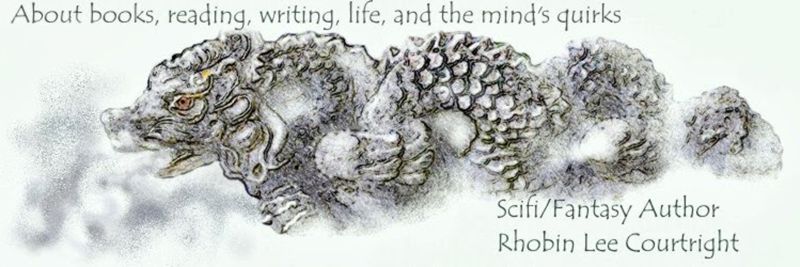Brains are amazing organs. The mental part holds memories from experiences and learning and can create imaginative ideas even when the body is not awake. Putting the two together is where stories evolve. I didn't even know I wanted to write a story until this dream character kept showing up in my mind at night. In the end, she didn't even end up in my first novel for she inspired other stories before her own, but hers is the third one in the Aegis series.
Once started, however, new ideas and characters began to develop. Now my initial story ideas develop when I'm walking, which I think frees my mind to wander, too. Once started, though, the ideas come while writing the story.
At the beginning of my writing, I found I liked to write science fiction and fantasy, but have since expanded into trying historical fiction and I might, maybe, even write some contemporary romance.
While writing fantasy and sci-fi I've found I like to delve into both historical and contemporary problems and issues as background in my stories. Why these problems in the future? As conditions change, what has happened in the past can under certain circumstances, always happen again.
Storytelling is an ancient art form that has provided listeners and readers not only entertainment but also lessons about life, and I hope that is what my fiction does while taking readers on (hopefully) imaginative journeys.
Visit these authors for more about where stories come from:


